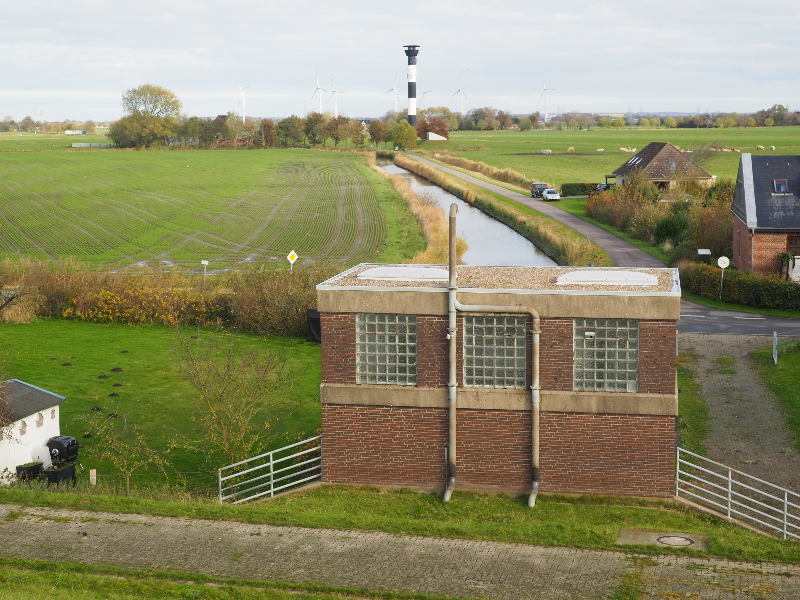Water systems are of fundamental importance for all societies. They influence the society in numerous ways – and are at the same time influenced by various societal forces. In analogy with other socio-technical systems, such as energy systems and communication systems, water systems have historically been shaped – and continue to be shaped today – by ideologies, actors, institutions and politics. These strongly influence the systems, e.g. regarding the choice between large- and small-scale systems or about who controls the systems. Therefore, it does not suffice with only scientific and technical perspectives to understand the water systems and their dynamics, but we need also to analyse the systems from a societal perspective. The socio-technical perspective, which puts equal emphasis on the social and technical dimensions of the systems becomes particularly relevant when we try to understand and manage water-related crises in the form of e.g. pollution, epidemics, accidents, droughts, floods and climate change. Crises can give rise to conflicts but they can also create new development opportunities, technical and organisational solutions and strategies and changed views on how the systems can and should function.
The course explores water systems in their societal complexity – historically, in the present and with outlooks to the future. The focus is on the systems' socio-technical properties and on the interplay between people, technology and environment, as well as on a number of central ideas that shape the development and dynamics of the systems (e.g. modernity, circularity, resilience and sustainability). Political aspects of hydraulic engineering will play a large role. The course starts out by analysing historical examples of water systems in order to understand the societal factors that have shaped them. Then follows a more present-day perspective, where the focus is on case studies of water systems in different parts of the world and different societal contexts to highlight, how different actors think about and manage water systems in different ways. The course draws on ongoing research in history and social sciences to develop an ability to think critically and deepen the understanding of water systems in a societal perspective.
